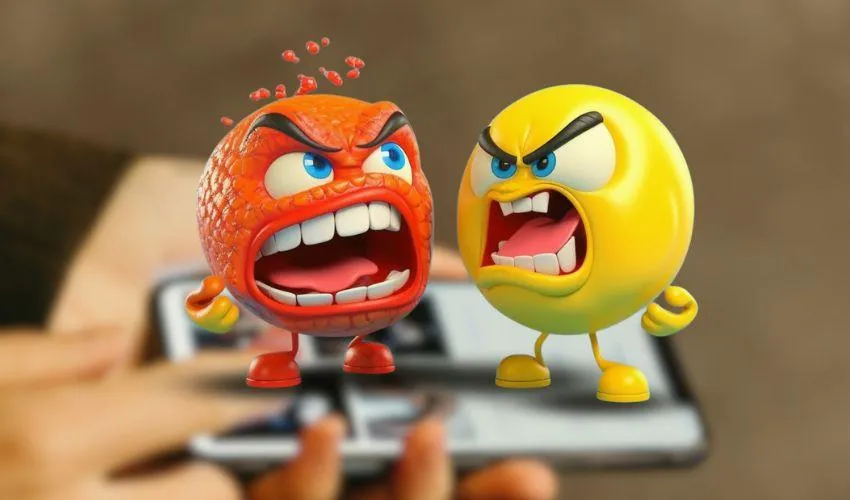
Emojis Talk Politics
The vast array of 3,633 emojis in our smartphones can be interpreted as a repository of values, ideals, social roles, and preferences, all of which carry significant political content. Analyzing which emoji individuals use to describe themselves offers a unique and alternative avenue for understanding political values and political polarization, according to a working paper by Sara Luxmoore, a predoctoral researcher at Bocconi Dondena Center, who focused on the use of emojis in Twitter bios.
In her paper, presented at the first Conference on European Polarization at Bocconi, Luxmoore observed Twitter users in Poland, exploiting a method of analysis developed by Pablo Barberà for the United States and adapted to Europe by Pedro Ramaciotti Morales that allows researchers to estimate citizens' political positioning based on the politicians they follow on social networks.
She found more than 10,232 users who both follow at least three Polish MPs and have emojis in their Twitter bios. She divided them into 10 numerically equivalent groups, from the most left-wing to the most right-wing, and observed what emojis are more frequent in the bios of each group.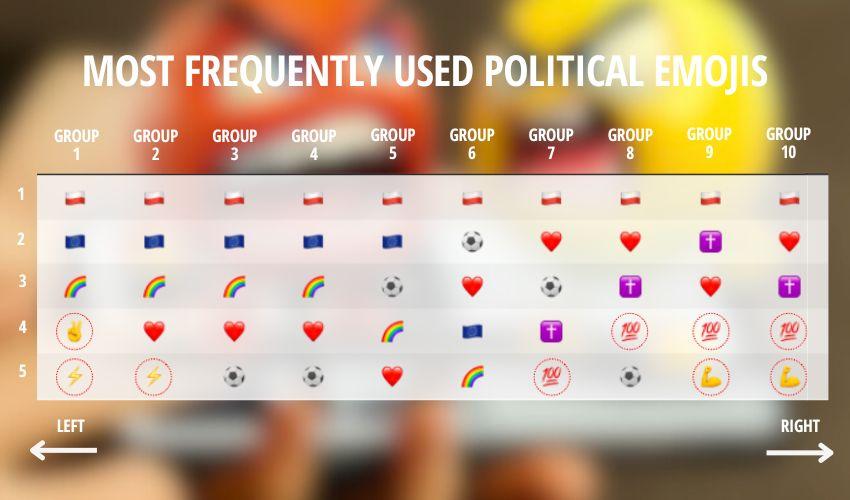
"I found expected patterns among directly political emoji, such as the EU flag or Pride flag, but also found unexpected political associations among seemingly innocuous emoji, such as the '100' emoji and the flexed bicep emoji. I argue that these findings point to the fact that emojis have enabled the development of new vernaculars, shared by friends, colleagues or organizations." Such vernaculars mark both the sense of belonging to a political community and the exclusion of outsiders, thus contributing to political polarization.
The use of context-specific, perhaps unexpected political emojis is strongly correlated with the use of traditional political symbols. For the Polish left, it's the case of the umbrella, linked to feminist and pro-choice movements because the first protests took place in the rain, or the seedling, used to mark environmental consciousness and veganism. For the right, the baby emoji represents the call for overcoming the demographic crisis affecting the country and the "100" emoji is often used as a qualifier of other emojis and could mean "100% Catholic" or "100% Polish."
In this way emojis, with their efficient one-character format in which to communicate as much as possible about oneself, can be a new avenue through which political collective identity is formed.
Sara Luxmoore is now expanding this working paper into a wider project alongside Pedro Ramaciotti Morales (Sciences Po) and Jon Cardoso Silva (LSE).
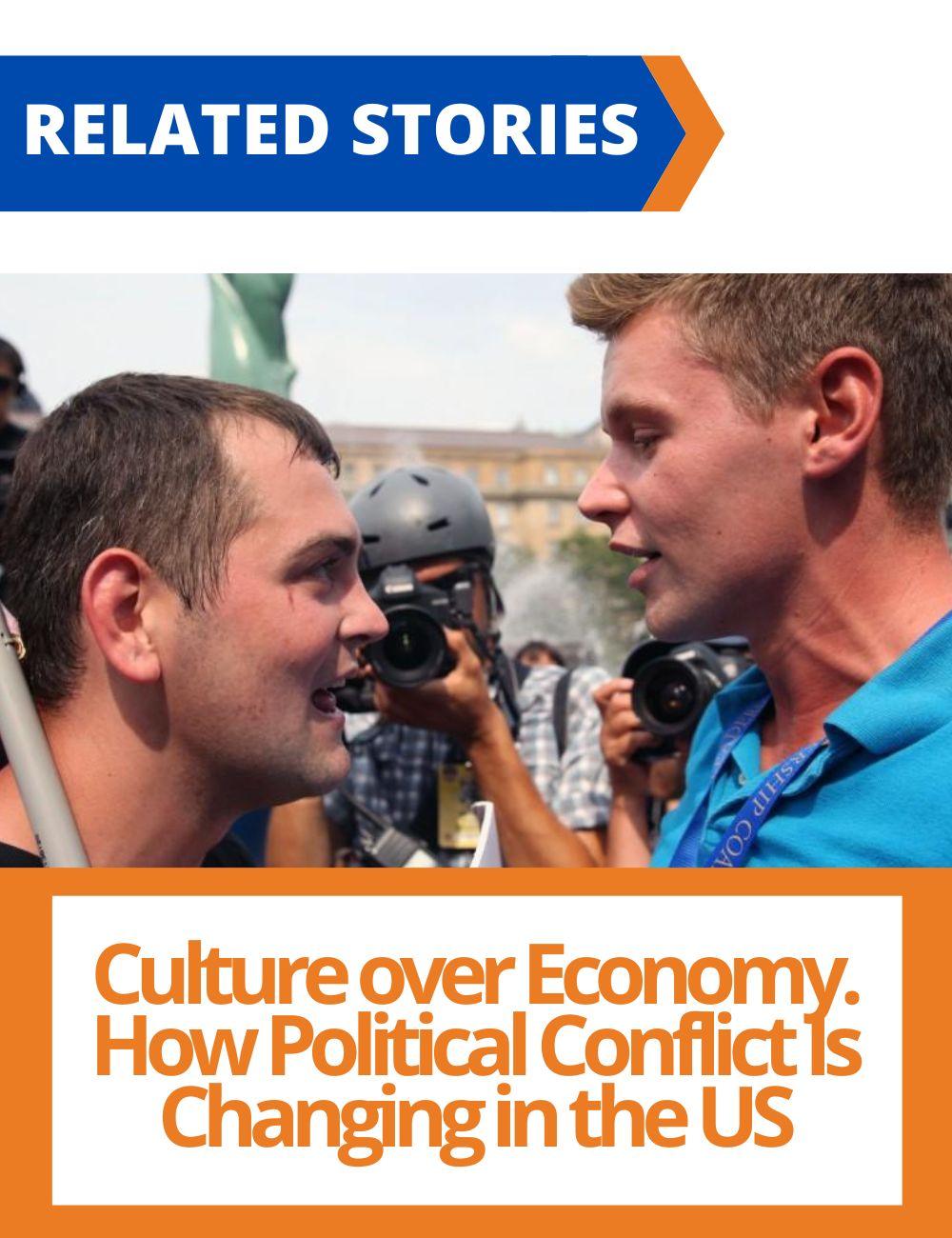
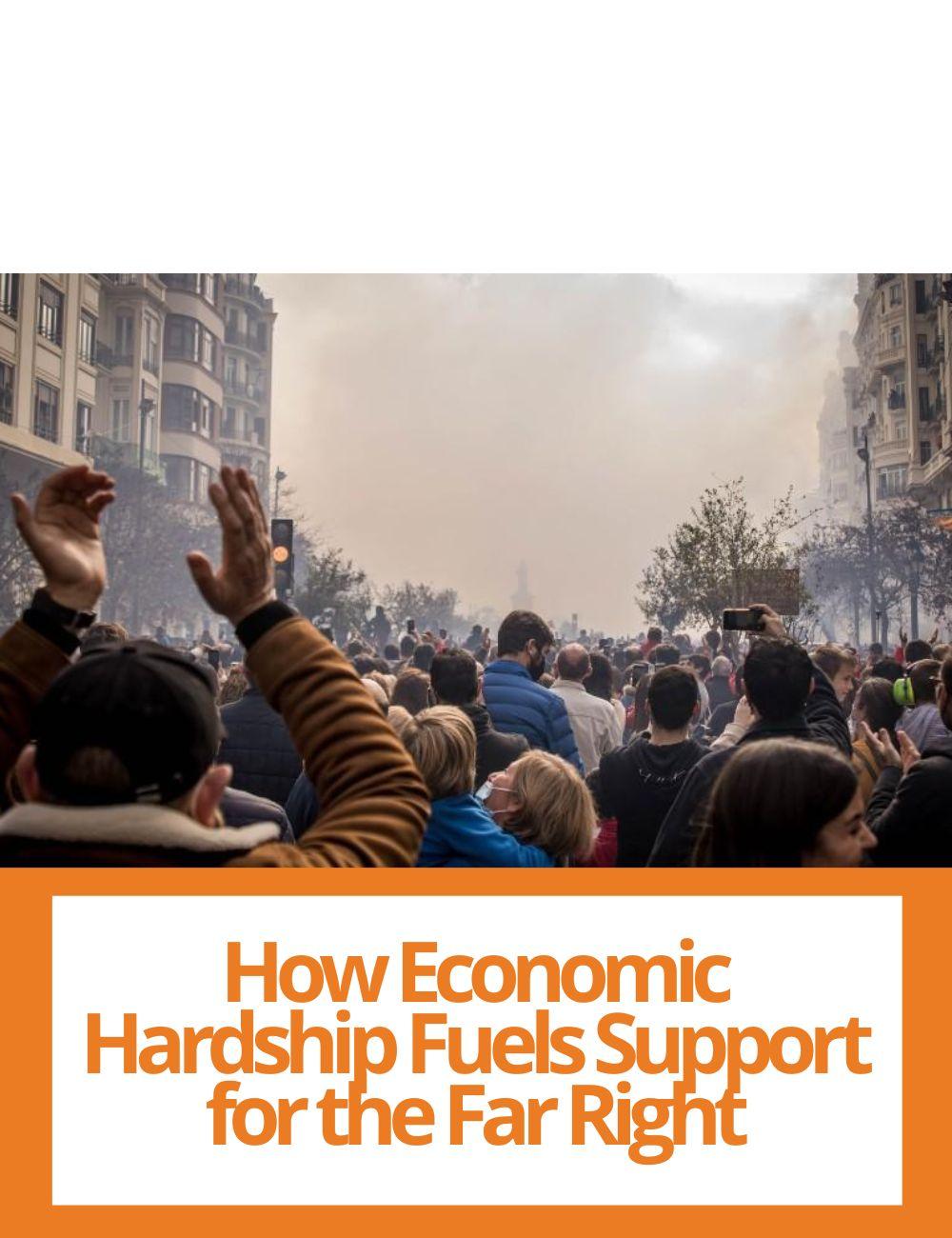
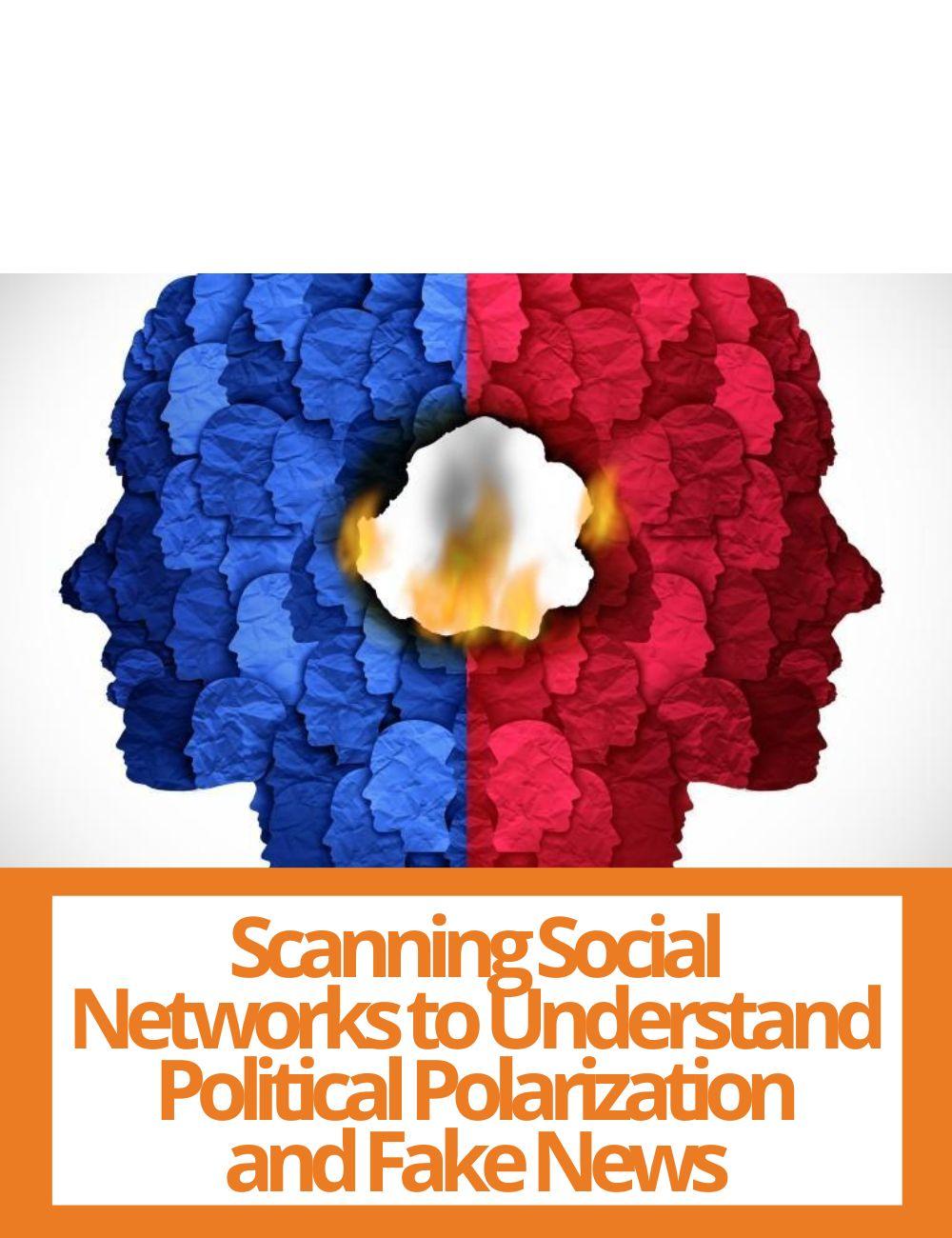
Sara Luxmoore, "Emoji, Language Games and Political Polarisation." Working paper.